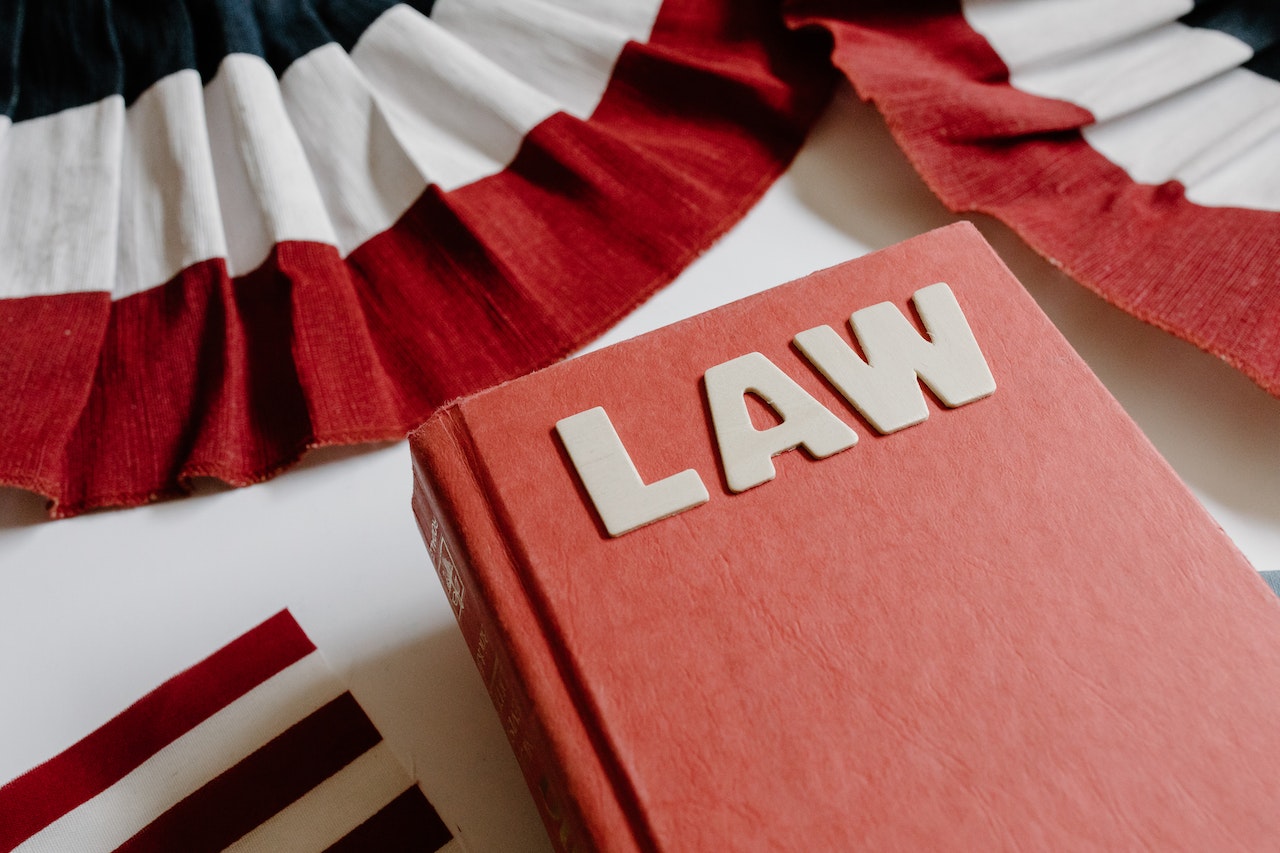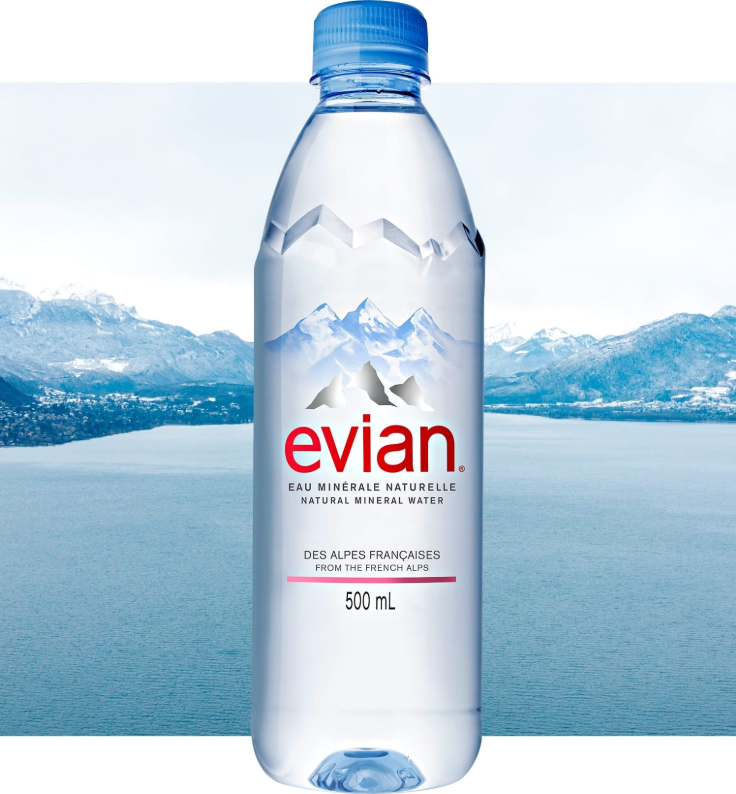Are you dreaming of owning your own food franchise? The idea of being your own boss, serving delicious dishes to happy customers, and building a successful business is undoubtedly exciting. You can just need to find the best franchise for sale sydney today. However, before you dive headfirst into the world of franchising, there are some important legal considerations that should not be overlooked. What are those legal considerations? Read on for the answers.
Franchise Disclosure Document (FDD)
This comprehensive legal document provides detailed information about franchisors and their business operations. The FDD contains valuable insights into various aspects of the franchise, such as its history, financial performance, fees and expenses, obligations of both parties, and any litigation or bankruptcy history. Take your time to carefully examine each section of this document, as it will give you a clear understanding of what you’re getting into. For more details, pay close attention to Item 3: Litigation History. This section will disclose if there have been any legal disputes involving the franchisor or other franchisees in recent years. Understanding potential risks and issues beforehand can make sure you’re getting the best out of your investment.

Franchise Agreement
Moving on to the next legal consideration, welcome the franchise agreement. This legal contract basically outlines the rights and obligations of the franchisor and the franchisee. It covers various aspects, such as operating procedures, territory restrictions, fees, and termination terms. It is crucial to thoroughly read and understand every clause in the agreement.
Pay close attention to any limitations on your ability to make business decisions or modifications to your franchise location. Ensure all financial arrangements are clearly stated, including royalty fees and advertising contributions. Some agreements can have fixed terms, while others may have renewal options. Understanding these details will help you plan for future growth or exit strategies.
Intellectual Property
Intellectual property refers to the unique ideas, designs, and creations that set your brand apart from others in the industry. Protecting your intellectual property ensures no one else can replicate or profit from your brand’s identity. There are several points you need to keep in mind, such as trademarks, copyrights, and patents.
It is also essential to ensure that any existing intellectual property held by the franchisor has been properly secured through licensing agreements or other legal mechanisms. This includes things like proprietary software systems used for inventory management or point-of-sale operations. Understanding and protecting your franchise’s intellectual property rights are vital for maintaining its distinctiveness in the market.

Compliance With Laws
Last but not least, as a potential franchisee, you need to ensure that the franchisor operates within the legal framework of local, state, and federal regulations. That’s why it’s a must to research the specific laws and regulations pertaining to the food industry in your target market. This could include health and safety standards, licensing requirements, labeling guidelines, and more.
Understanding these laws will help you assess whether the franchisor is operating in compliance. Therefore, it’s also more than important to examine if the franchisor provides comprehensive training programs on regulatory compliance. The success of your business depends on adhering to these rules from day one. A reputable franchisor should offer ongoing support and resources for staying up-to-date with any changes or new regulations.
So take your time, do thorough research, ask questions, and seek guidance from experts if needed – all of these steps will go a long way in ensuring that your journey as a food franchise owner starts off on solid ground.


